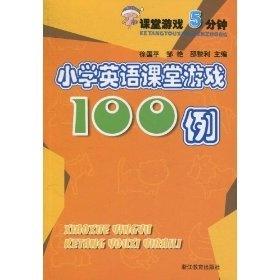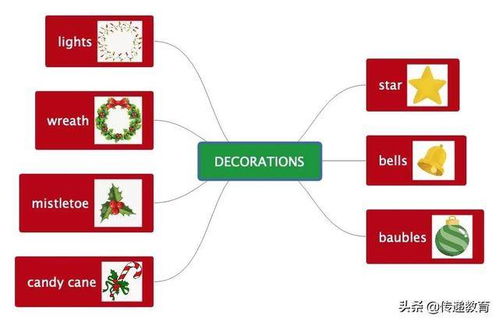Introduction to English Classroom Point System Games

Engaging students in the learning process is crucial for effective language teaching. One innovative way to maintain student interest and motivation is through the use of point system games in the English classroom. These games not only make the learning experience more enjoyable but also help reinforce key concepts and vocabulary. In this article, we will explore the benefits of implementing point system games, provide examples of such games, and discuss how to effectively integrate them into your teaching routine.
Benefits of Point System Games in English Classrooms

Point system games offer several advantages in the English classroom:
Increased Motivation: Students are often more motivated to participate in activities that involve competition and rewards.
Enhanced Learning: Games can help reinforce vocabulary, grammar, and other language skills in a fun and interactive way.
Improved Participation: Games encourage all students to participate actively, which can be particularly beneficial for shy or less confident learners.
Assessment Tool: Points can be used as a form of informal assessment to gauge student understanding and progress.
Examples of Point System Games

Here are some examples of point system games that can be used in the English classroom:
Word Search Challenge
Students are given a grid filled with words related to the current topic. They must find and circle the words within the grid. Each word found earns the student a certain number of points. The student with the most points at the end of the game wins.
Grammar Bee
Students are divided into teams, and each team takes turns answering grammar-related questions. Correct answers earn points for the team. The team with the most points at the end of the game is the winner.
Spelling Bee
Similar to the Grammar Bee, this game focuses on spelling. Students are given a list of words to spell correctly. Each correct spelling earns points for the student. The student with the most points wins the game.
Role-Playing Scavenger Hunt
Students are divided into teams and given a list of scenarios or questions to act out or answer. Each correct response earns points for the team. The team with the most points at the end of the game wins the scavenger hunt.
Implementing Point System Games

When implementing point system games in your English classroom, consider the following tips:
Set Clear Rules: Make sure students understand the rules of the game and the point system before starting.
Choose Appropriate Games: select games that are relevant to the current topic and level of the students.
Balance Competition and Learning: Ensure that the games are fun and engaging, but also focus on learning objectives.
Monitor Participation: Keep an eye on all students to ensure they are actively participating and learning.
Use Points as a Tool: Use the points earned as a way to assess student understanding and progress.
Conclusion

Point system games are a great way to make the English classroom more dynamic and engaging. By incorporating these games into your teaching routine, you can help students learn and retain information in a fun and interactive way. Remember to choose games that are appropriate for your students' level and interests, and always keep the focus on learning. With the right approach, point system games can be a valuable tool in your English teaching arsenal.
